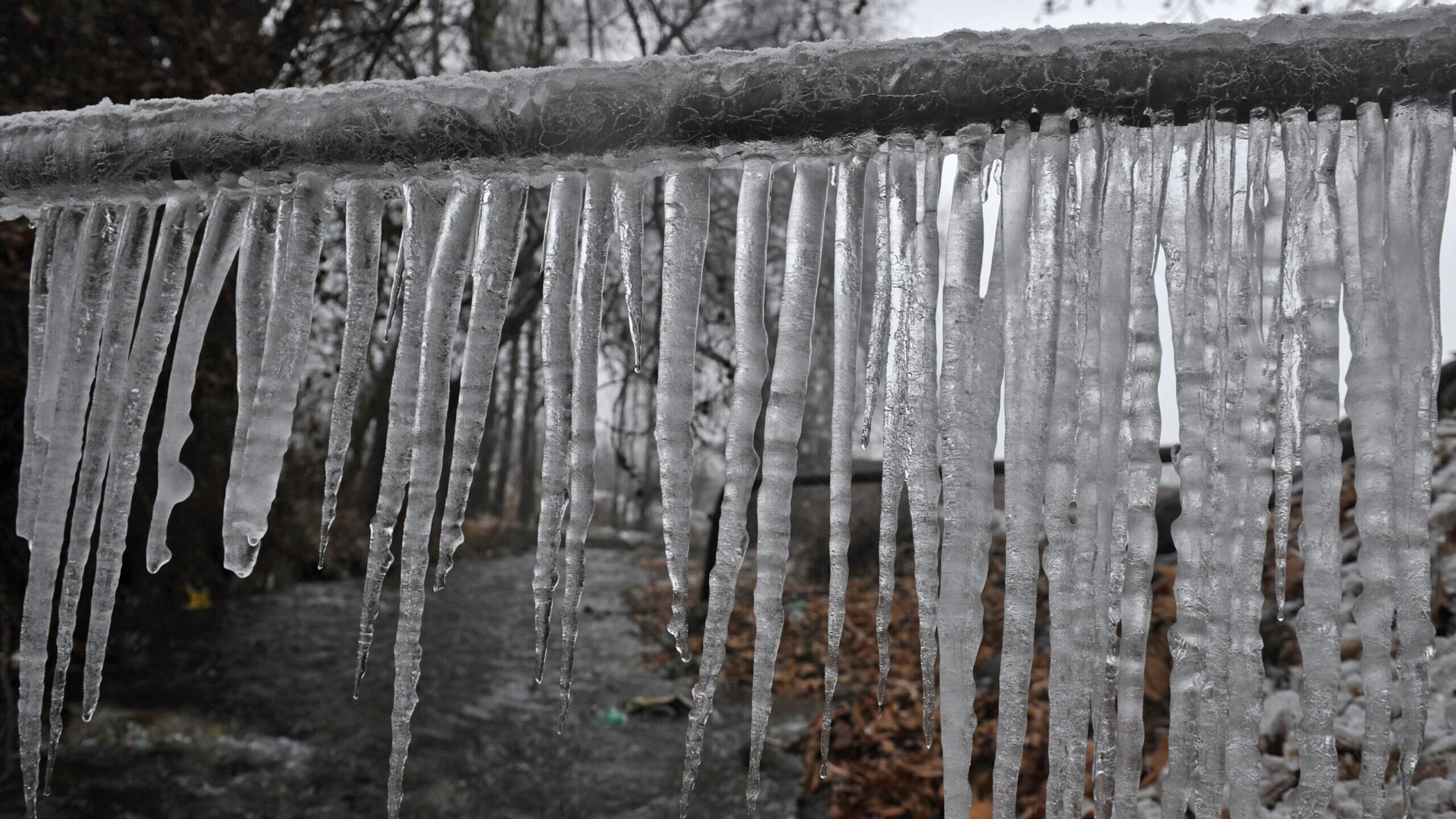Ways to Prevent Frozen Plumbing in Cold Weather: Expert Guidance
Ways to Prevent Frozen Plumbing in Cold Weather: Expert Guidance
Blog Article
Each person has their own idea involving How to prepare your home plumbing for winter weather.

Cold weather can wreak havoc on your plumbing, specifically by freezing pipelines. Here's just how to prevent it from occurring and what to do if it does.
Intro
As temperatures decrease, the threat of icy pipes increases, possibly leading to expensive fixings and water damage. Comprehending how to avoid icy pipelines is critical for homeowners in cold climates.
Prevention Tips
Insulating susceptible pipes
Wrap pipes in insulation sleeves or make use of heat tape to shield them from freezing temperature levels. Focus on pipelines in unheated or exterior locations of the home.
Home heating methods
Maintain interior spaces appropriately warmed, specifically areas with plumbing. Open up closet doors to allow cozy air to distribute around pipelines under sinks.
Exactly how to identify icy pipelines
Seek reduced water circulation from taps, uncommon odors or sounds from pipelines, and noticeable frost on revealed pipes.
Long-Term Solutions
Architectural changes
Take into consideration rerouting pipelines away from outside wall surfaces or unheated areas. Add extra insulation to attic rooms, basements, and crawl spaces.
Updating insulation
Purchase top notch insulation for pipes, attics, and walls. Correct insulation helps maintain consistent temperature levels and minimizes the danger of frozen pipelines.
Shielding Outdoor Pipes
Yard pipes and outside taps
Detach and drain pipes garden tubes before winter months. Install frost-proof faucets or cover outdoor faucets with shielded caps.
Understanding Frozen Pipelines
What creates pipes to freeze?
Pipelines ice up when exposed to temperatures listed below 32 ° F (0 ° C) for extended periods. As water inside the pipelines ices up, it expands, putting pressure on the pipe wall surfaces and possibly causing them to rupture.
Dangers and problems
Icy pipelines can lead to supply of water interruptions, residential or commercial property damage, and costly repair services. Ruptured pipelines can flooding homes and create extensive architectural damage.
Indications of Frozen Pipeline
Determining frozen pipes early can stop them from bursting.
What to Do If Your Pipelines Freeze
Immediate actions to take
If you presume icy pipes, keep taps open up to soothe stress as the ice thaws. Use a hairdryer or towels taken in hot water to thaw pipelines gradually.
Verdict
Avoiding frozen pipes calls for positive steps and fast responses. By understanding the causes, indicators, and safety nets, home owners can protect their pipes during winter.
Helpful Tips to Prevent Frozen Pipes this Winter
UNDERSTANDING THE BASICS: WHY PIPES FREEZE AND WHY IT’S A PROBLEM
Water freezing inside pipes is common during the winter months, but understanding why pipes freeze, and the potential problems it can cause is crucial in preventing such incidents. This section will delve into the basics of why pipes freeze and the associated problems that may arise.
THE SCIENCE BEHIND FROZEN PIPES
When water reaches freezing temperatures, it undergoes a physical transformation and solidifies into ice. This expansion of water as it freezes is the primary reason pipes can burst. As the water inside the pipe freezes, it expands, creating immense pressure on the walls. If the pressure becomes too great, the pipe can crack or rupture, leading to leaks and water damage.
FACTORS THAT CONTRIBUTE TO PIPE FREEZING
Low Temperatures: Extremely cold weather, especially below freezing, increases the risk of pipes freezing. Uninsulated or Poorly Insulated Pipes: Pipes located in unheated areas, such as basements, crawl spaces, or attics, are more prone to freezing. Insufficient insulation or lack of insulation altogether exacerbates the problem. Exterior Wall Exposure: Pipes running along exterior walls are susceptible to freezing as they encounter colder temperatures outside. Lack of Heating or Temperature Regulation: Inadequate heating or inconsistent temperature control in your home can contribute to frozen pipes. PROBLEMS CAUSED BY FROZEN PIPES
- Pipe Bursting: As mentioned earlier, the expansion of water as it freezes can cause pipes to burst, resulting in significant water damage.
- Water Damage: When pipes burst, it can lead to flooding and water damage to your property, including walls, ceilings, flooring, and personal belongings.
- Structural Damage: Prolonged exposure to water from burst pipes can compromise the structural integrity of your home, leading to costly repairs.
- Mold and Mildew Growth: Excess moisture from water damage can create a favorable environment for mold and mildew growth, posing health risks to occupants.
- Disrupted Water Supply: Frozen pipes can also result in a complete or partial loss of water supply until the issue is resolved.
WHY CERTAIN PIPES ARE MORE PRONE TO FREEZING
- Location: Pipes located in unheated or poorly insulated areas, such as basements, crawl spaces, attics, or exterior walls, are at higher risk of freezing.
- Exterior Pipes: Outdoor pipes, such as those used for irrigation or exposed plumbing, are particularly vulnerable to freezing as they are directly exposed to the elements.
- Supply Lines: Pipes that carry water from the main water supply into your home, including the main water line, are critical to protect as freezing in these lines can affect your entire plumbing system.
- Underground Pipes: Pipes buried underground, such as those connected to sprinkler systems or outdoor faucets, can be susceptible to freezing if not properly insulated.
https://busybusy.com/blog/helpful-tips-to-prevent-frozen-pipes-this-winter/

Do you really like more info about How to prepare your home plumbing for winter weather? Give feedback directly below. We will be delighted to know your thoughts about this piece. We are looking forward that you come back again before long. Sharing is caring. You won't know, you may just be helping someone out. I love reading our article about How to Prevent Your Pipes From Freezing.
Call Today Report this page